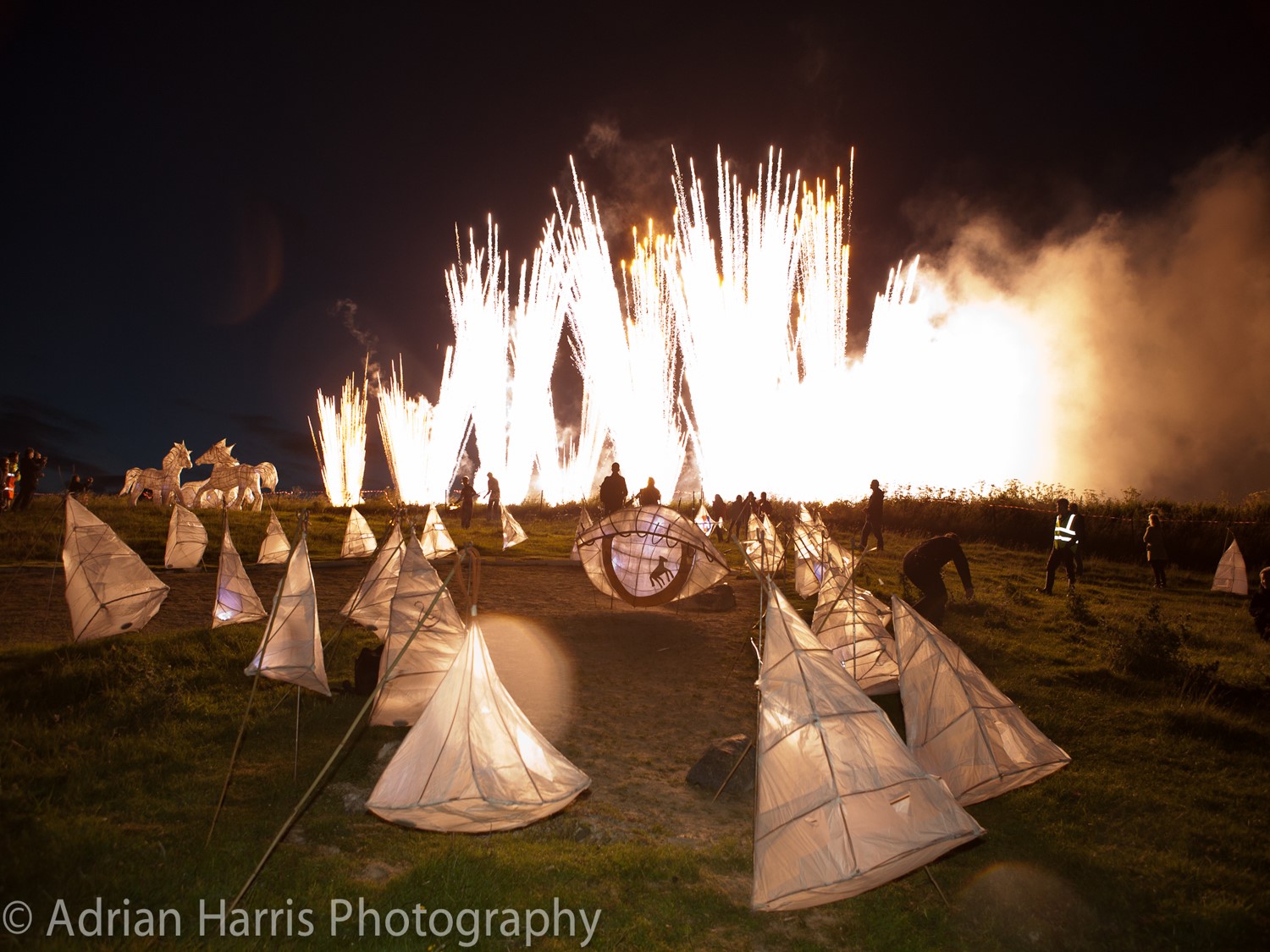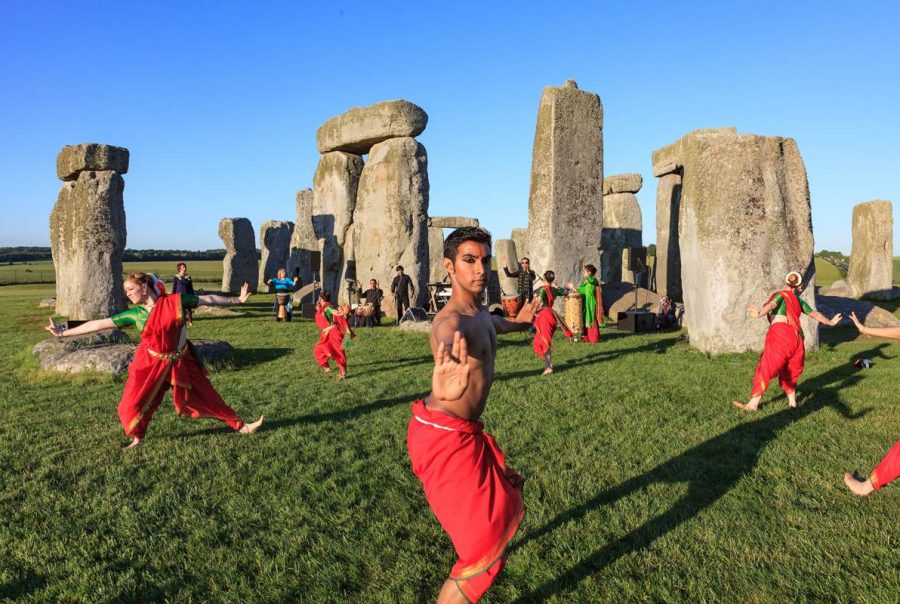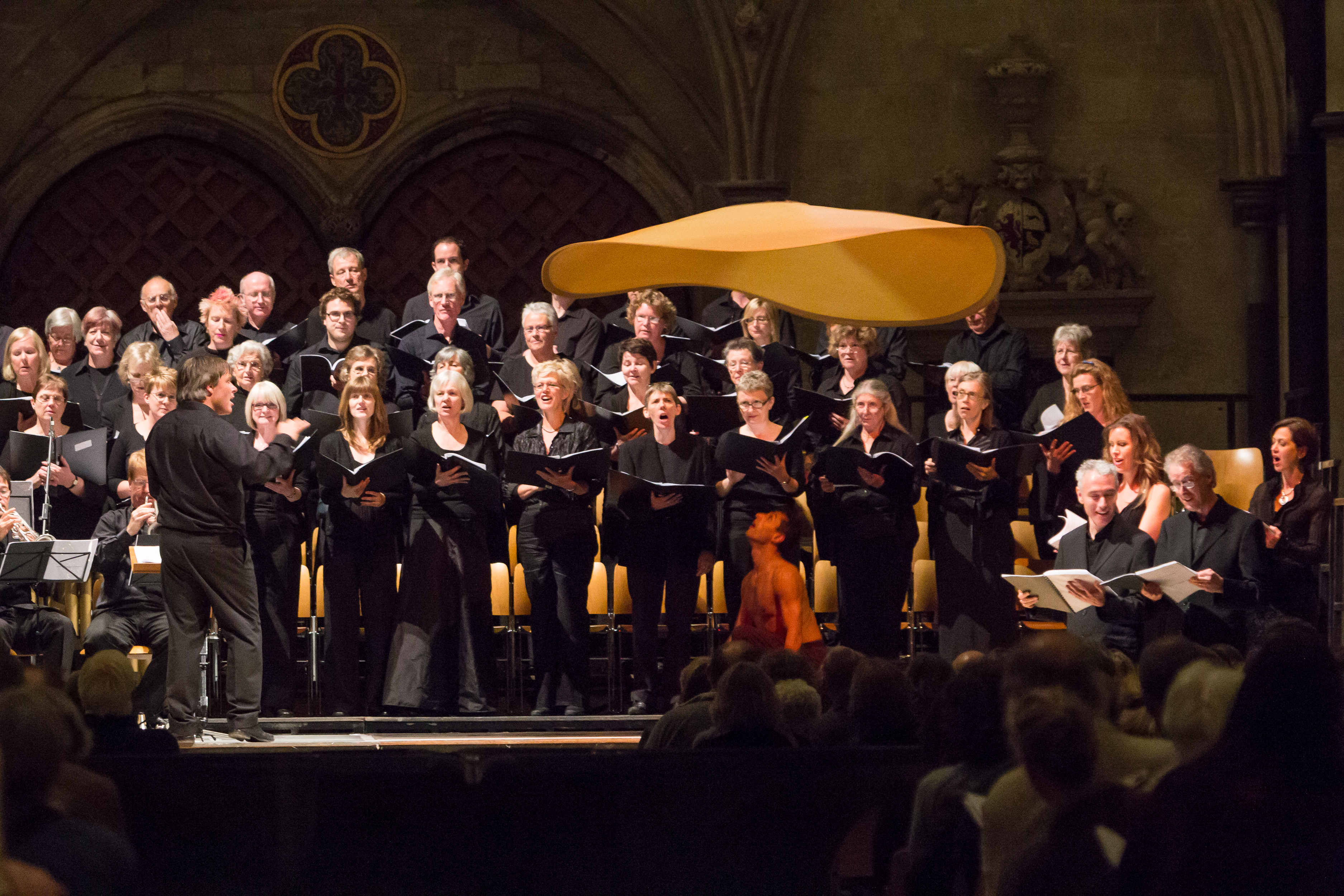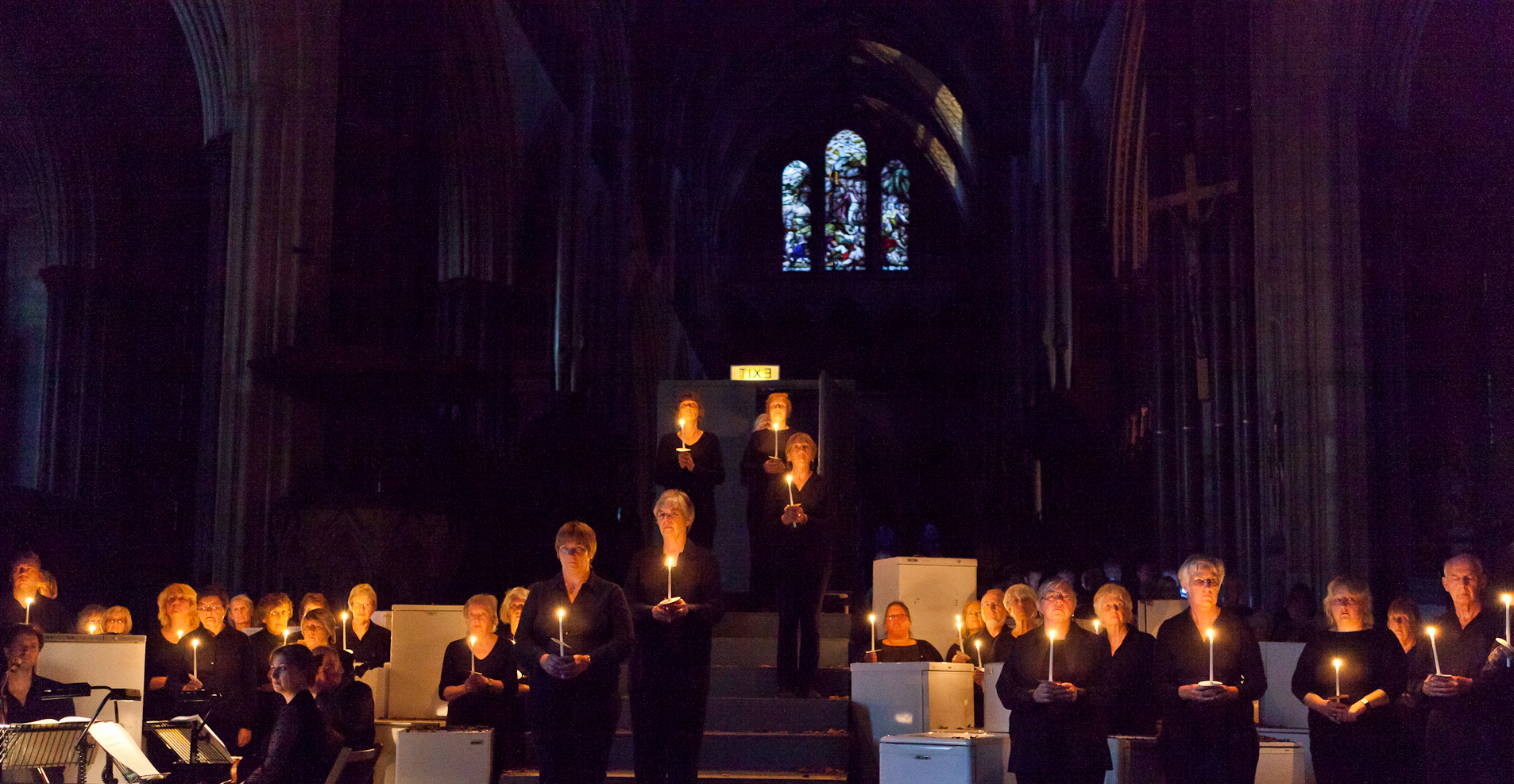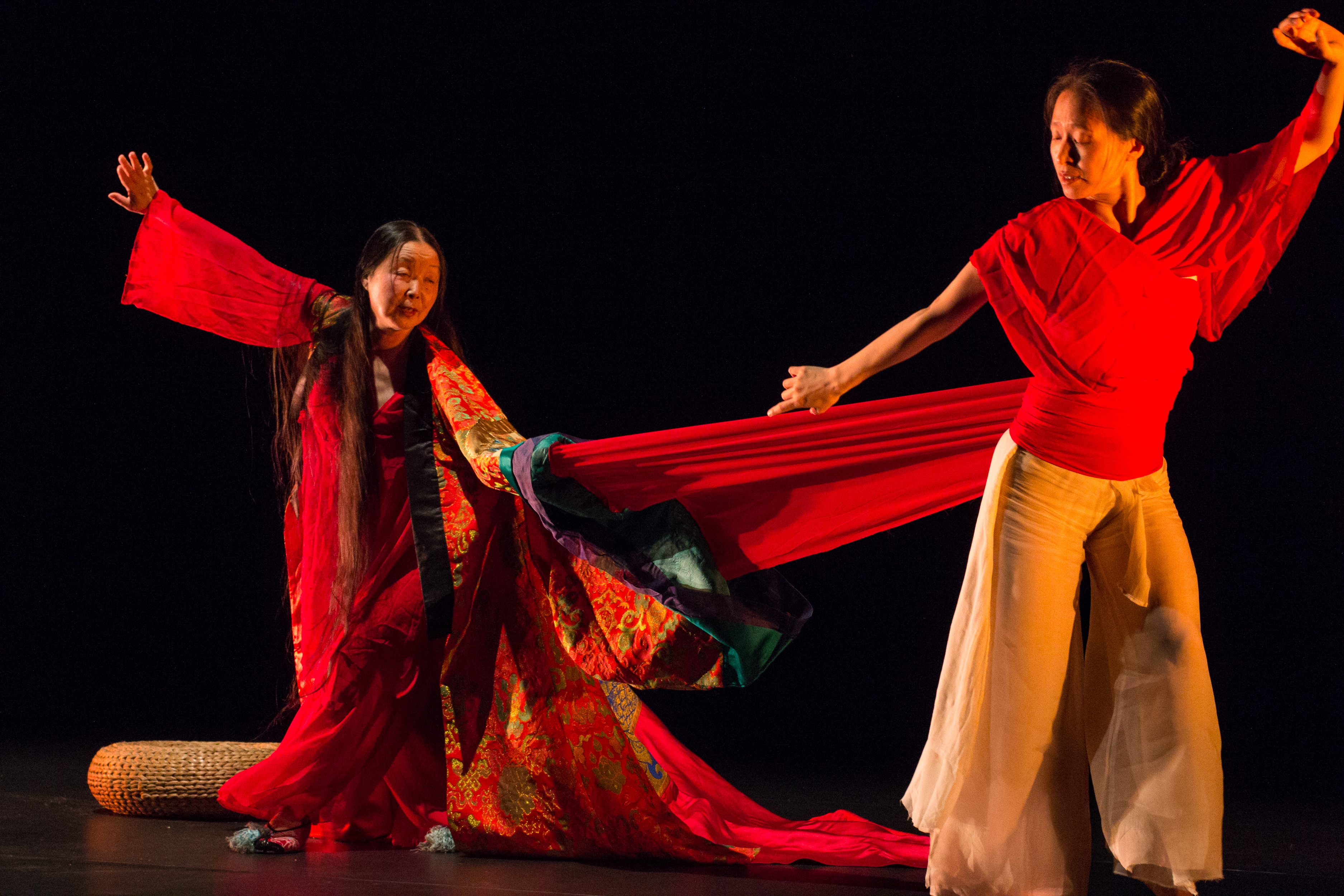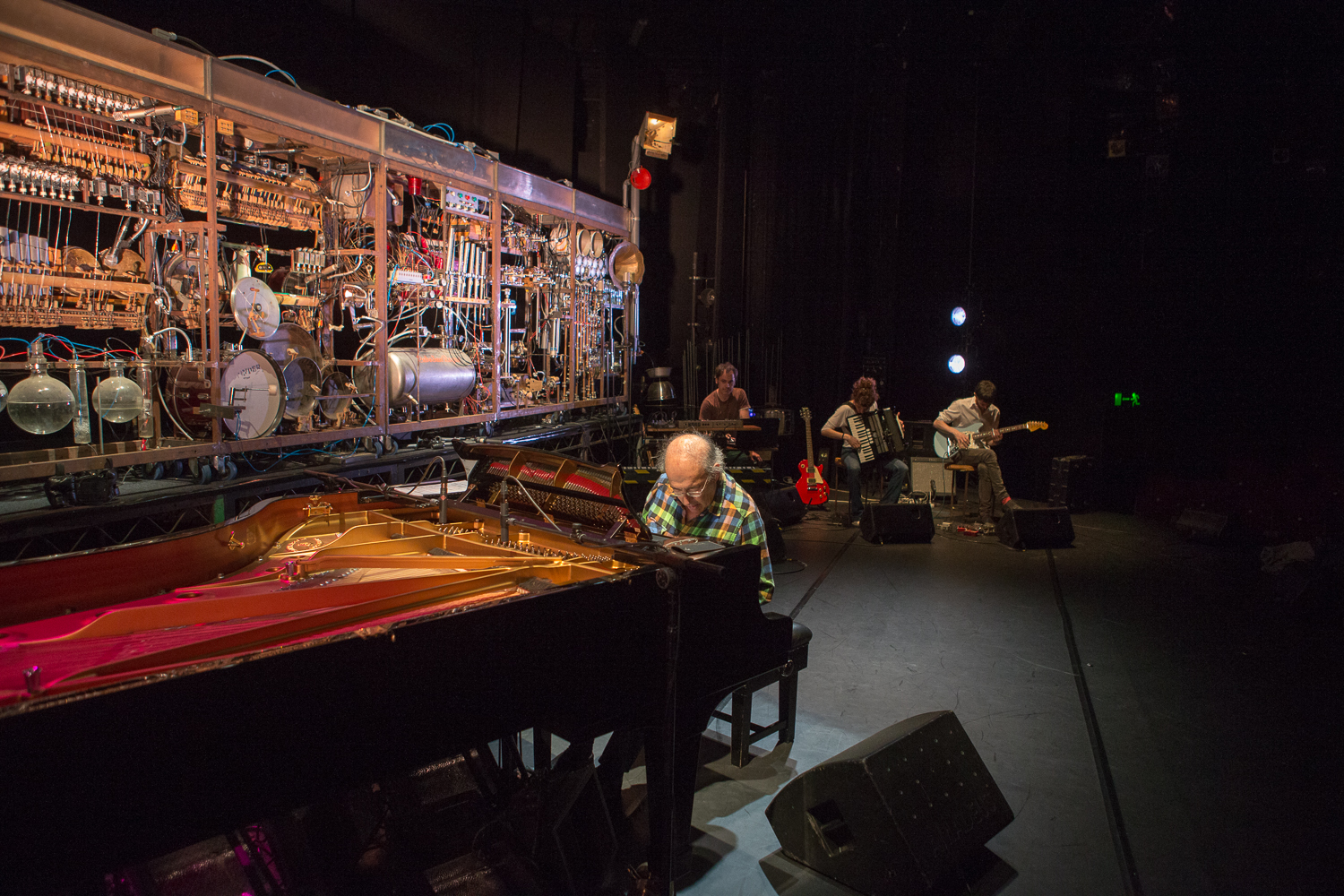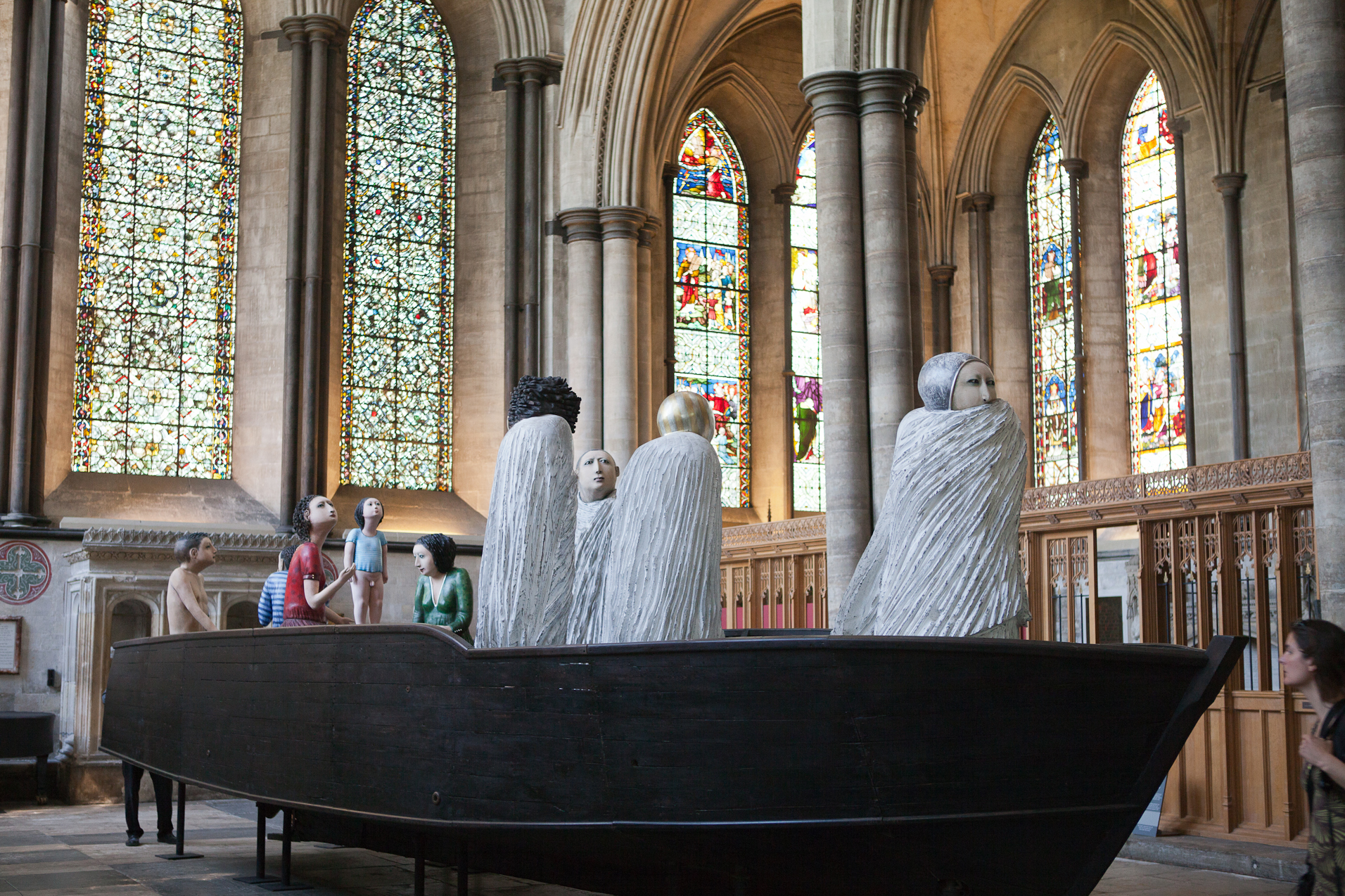Maria led the Ageas Salisbury International Arts Festival from 2008 to 2013. The team re-visioned and re-imagined the festival, with a focus on transforming people and places through inspirational work outdoors and significant participation projects.
Maria directed and programmed five festivals, each with an international focus (Catalonia, Brazil, China, India and Russia, each performing better than budget with overall increases of 100% in audience and 50% in financial turnover. The multi-arts annual festival ran across 16 days, featuring around 150 events, turning over £1.3 million by 2013. The increase in outdoor arts culminated in Cie Carabosse’s Fire Garden at Stonehenge for London 2012 and membership of the Without Walls consortium.
Maria commissioned and produced world premieres, including Jonathan Dove’s opera The Walk from the Garden in Salisbury Cathedral, Vikram Seth/Alec Roth song cycles, Helen Chadwick/Howard Moody’s choral Where Two Worlds Touch, new exhibitions of Chinese calligraphy and Brazilian street art, and poetry from Carol Ann Duffy.
Sculptures, installations & performances
International visiting companies included Nederlands Dans Theater, Beijing Modern Dance Company, Carles Santos and Cabo San Roque, Benjamim Taubkin and Morena Nascimento, Abhinava Dance Company, Orto-Da Theatre Company, Roger Bernat, Circa, Les Commandos Percu, Jordi Savall, the Russian Patriarchate Choir and Mikhail Rudy.
Programmes featured sculpture, installations and performances in and around Salisbury Cathedral that were resonant of setting: Stan’s Cafe’s Of all the People in all the World; IOU’s Long Division; Ana Maria Pacheco’s The Longest Journey; Monteverdi’s Vespers presented liturgically; Chinese shadow theatre in Edward Heath’s gardens.
Generating funds
Alongside the creative programme, income generation was a significant part of the team’s work. Funds from partners including Natural England, the Paul Hamlyn Foundation and others enabled work for and with children and young people, particularly gifted and talented, excluded young people and young carers.
The team secured a new principal sponsor, Ageas, media partner, The Telegraph Media Group, and increased funds from trusts, foundations and individuals by over 300% from 2008 to 2012.
The festival worked with Wiltshire-wide arts partners to advocate for and ensure sustained local authority support through the transition to a unitary council. They retained Arts Council grants, secured Catalyst funds (£120,000) and through this, launched a legacy campaign and a Festival at Fifty scheme to unlock long-term philanthropic giving towards three strands of the Festival’s work over the next decade: Art to Live On, Transforming People and Places, and Global Connections.

